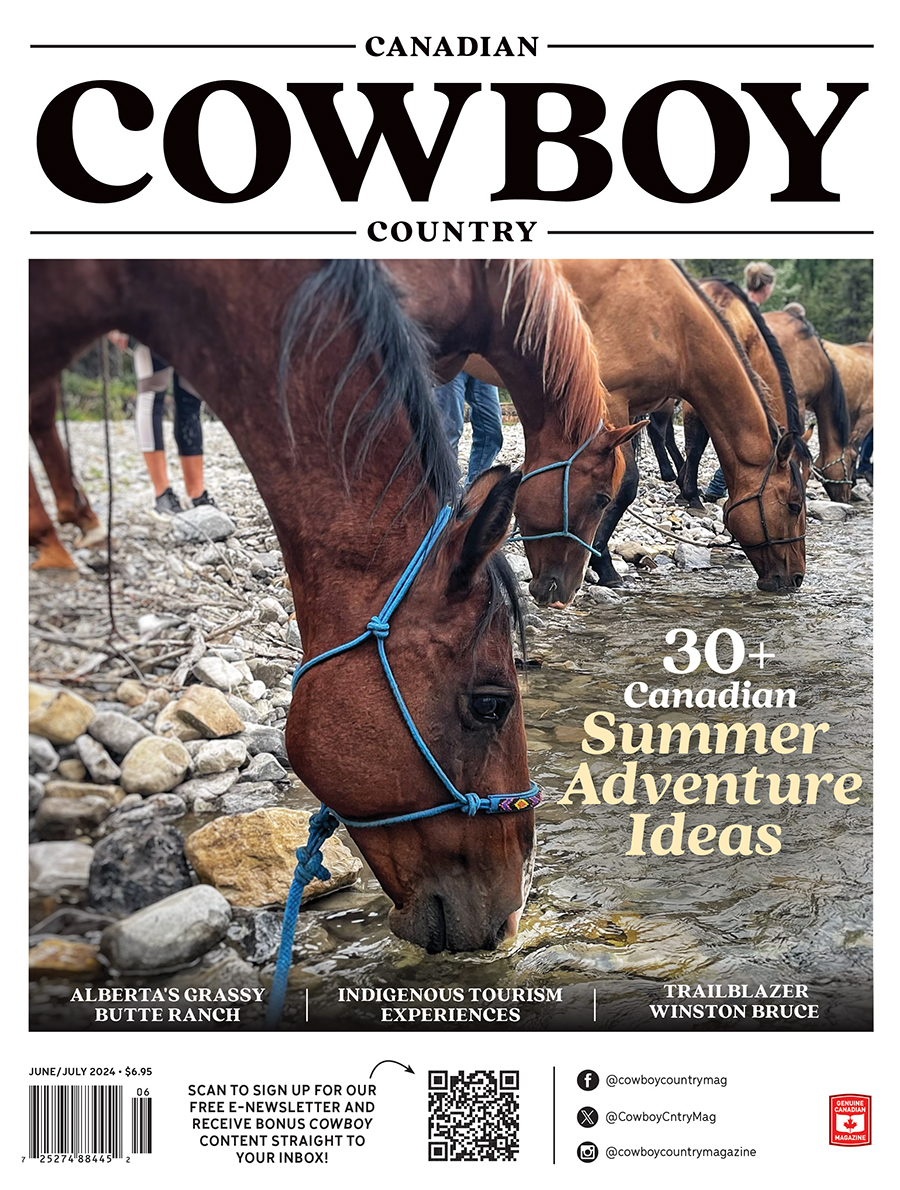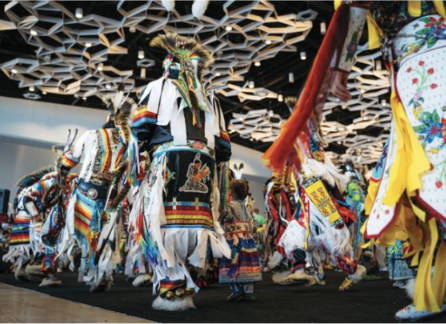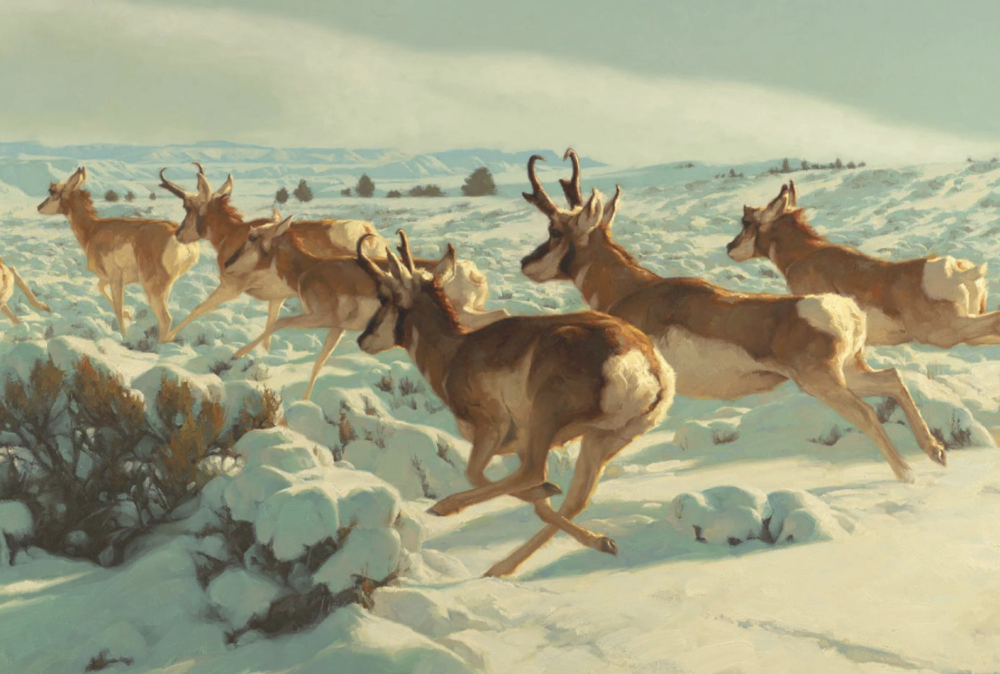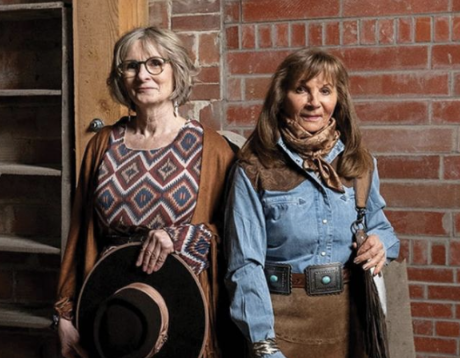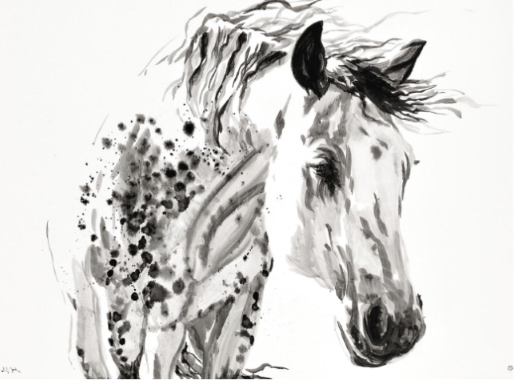Buckle up, boys and girls, especially if you’re one of the thousands of Alberta ranchers and farmers who holds a government grazing lease. The powers that be in Edmonton are flexing their muscles, and many of you will be losing your lease. Following on the heels of Bills 19, 24, 36, and 50, Bill 202 is the Alberta government’s fifth land bill. Its purpose is to set in law a process that invites environmental organizations to sit at the table every time a landholder negotiates a lease or has one renewed. It sets conditions that will compel the government not to renew your lease.
 Bill 202 assumes government employees are better stewards of grazing land than leaseholders, despite the fact that much of this land is teeming with wildlife precisely because leaseholders have been terrific stewards at zero cost to the taxpayer.
Bill 202 assumes government employees are better stewards of grazing land than leaseholders, despite the fact that much of this land is teeming with wildlife precisely because leaseholders have been terrific stewards at zero cost to the taxpayer.Prior to the last election, the Alberta government brought forward four pieces of legislation—Bills 19, 24, 36, and 50—each of which was designed to restrict or eliminate property rights. Bill 19, as originally drafted, literally gave a Cabinet Minister the power to manage privately-owned land for extended periods, up to thirty years or more, if the government thought it might want the property at some far off future date.
Bill 24 transferred ownership of underground pore spaces from title holders to the government, including from those individuals and businesses that own, control, and manage their own mineral rights. (Pore spaces, like the holes in a sponge, are underground storage spaces that landowners in other parts of the country lease to utility companies for around $115 or more per acre per year.)
Bill 36 means Cabinet can unilaterally and with no justifiable reason rescind oil sands leases, CFO (Confined Feeding Operation) approvals, water licenses, timber harvest agreements, gravel permits, and numerous other government licenses or contracts issued as a result of a legal statute. Regardless of how many thousands or millions a leaseholder or landowner might have invested and lost due to the government’s action, under Bill 36, no one can take the government to court for breaking a contract or rescinding a license/lease unless the government grants permission.
Now Bill 202 is coming. Bill 202 states that before any grazing lease can be issued or renewed, the Minister must conduct an environmental assessment. If any “significant” wildlife is found, Section 82.4(1) says the grazing lease cannot be issued or renewed. The bureaucracy itself, with help from environmental organizations, will determine what “significant” means. It could mean a family of deer, a couple of hawks, maybe even a passel of gophers.
If a grazing lease is to be renewed or issued, the Minister must issue a public notice, providing environmental organizations in the province with the opportunity to object to your lease or to insist that terms and restrictions be imposed. In effect, 202 is designed to politicize the leasing process permanently. It will very likely require leaseholders and potential leaseholders to spend big dough on legal fees to defend their interests.
The flaw in 202 is it assumes government employees are better stewards of grazing land than leaseholders, despite the fact that much of this grazing land is teeming with wildlife precisely because leaseholders, for multiple generations, have been terrific stewards at zero cost to the taxpayer. Now 202 wants to change that by adding more government employees and higher taxpayer costs. The Bill was introduced this spring. Indications are that it will be followed up on in the fall legislative session.
Source: Freedom Talk


